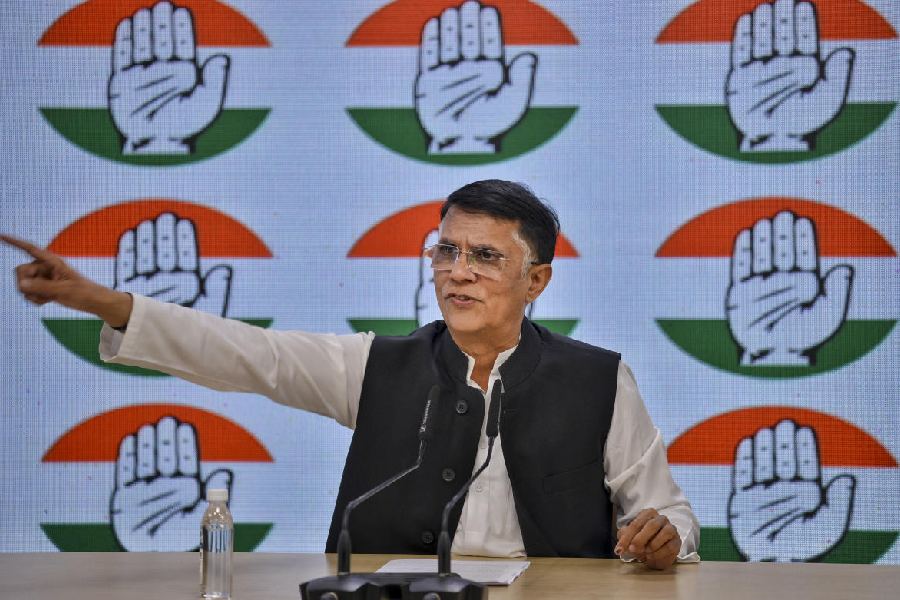The news of Milan Kundera’s death brings to mind other names like Emil Zátopek. Legendary for his international titles and Olympic gold medals, this sports hero was no stranger to suffering at the hands of the people who ran his country at the dictates of Moscow for decades. Zátopek received a jolt when he backed the ill-fated reforms initiated by the liberal government of Aleksander Dubcek, who was dismissed from his post of the secretary of the Communist Party of Czechoslovakia for welcoming the ‘Spring of 1968’ when artists, intellectuals, public personalities and reformist politicians joined hands to secure freedom of expression. After the liberals failed to capture power, Zátopek was dismissed from his position in the army and expelled from the CPC. He was given cleaning and sweeping duties to carry out. Later, he was rehabilitated and spent his final working years in the national sports ministry.
Dubcek never renounced his faith in socialism. His quarrel was with the party bosses constantly seeking Moscow’s approval. This resulted in ideological rigidities and errors in political practice, causing widespread suffering and resentment. When democracy returned to Czechoslovakia, Dubcek was a different kind of hero from Václav Havel, the intellectual statesman who had led the pro-democracy movement modelled, in many ways, on the Gandhian example. Both were heroes, but their agendas for building a new nation and society were different. In the mad rush to befriend the market economy and the West’s financial institutions, Dubcek lost out. But Havel presided over the dismemberment of an economically stable Czechoslovakia into the Czech Republic and the Slovak Republic and could not stop the World Bank, the International Monetary Fund and other agencies from practically taking over the economy of the two new entities.
There were many unknown gifted individuals who saw their hopes of doing something lasting dashed when the repression of liberals began. Many such people belonged to the world of cinema. Since the 1960s, Czech cinema had been energised by what could only be described as a latter-day Renaissance. Creative youngsters had invaded the film schools with great skill and greater ideas. Their diploma films indicated not just technical virtuosity or their ability to tell a good story with imagination but also a profound philosophical aversion to force, to the official attitude towards cinema’s visionaries.
The Czech ‘New Wave’ film-makers have left their incomplete signatures in the minds of countless viewers. After the clampdown on liberal thought and free expression in the arts, some like Milos Forman and Jan Nemec migrated to the West. Forman, in particular, earned fame and wealth but, in the eyes of the discerning viewer, lacked rootedness. Others like Jirí Menzel or Vera Chytilová stayed back and worked when assignments came their way, devising means to make their disapproving voices heard but never crossing the limit which would cost them the opportunity to make films.
There were also those who refused to work in an atmosphere of fear, blackmail and hostility. In this connection, the name that most readily comes to mind is that of Elo Havetta (1938-1975). What he managed to do in such a short while, most cannot achieve over much longer periods. The complexity of his mind, the solidity of his character and the loftiness of his artistic aspirations sought to defeat a setting reminiscent of the medieval Inquisition. This brought him to a dead-end from where there was no escaping. The story goes that Havetta had locked himself in his house and ceased all social communication. His neighbours left him offerings, which were taken in occasionally. There soon came a time when this ceased. People claimed that Havetta died of starvation. It would be more accurate to say that he willed himself to death.











